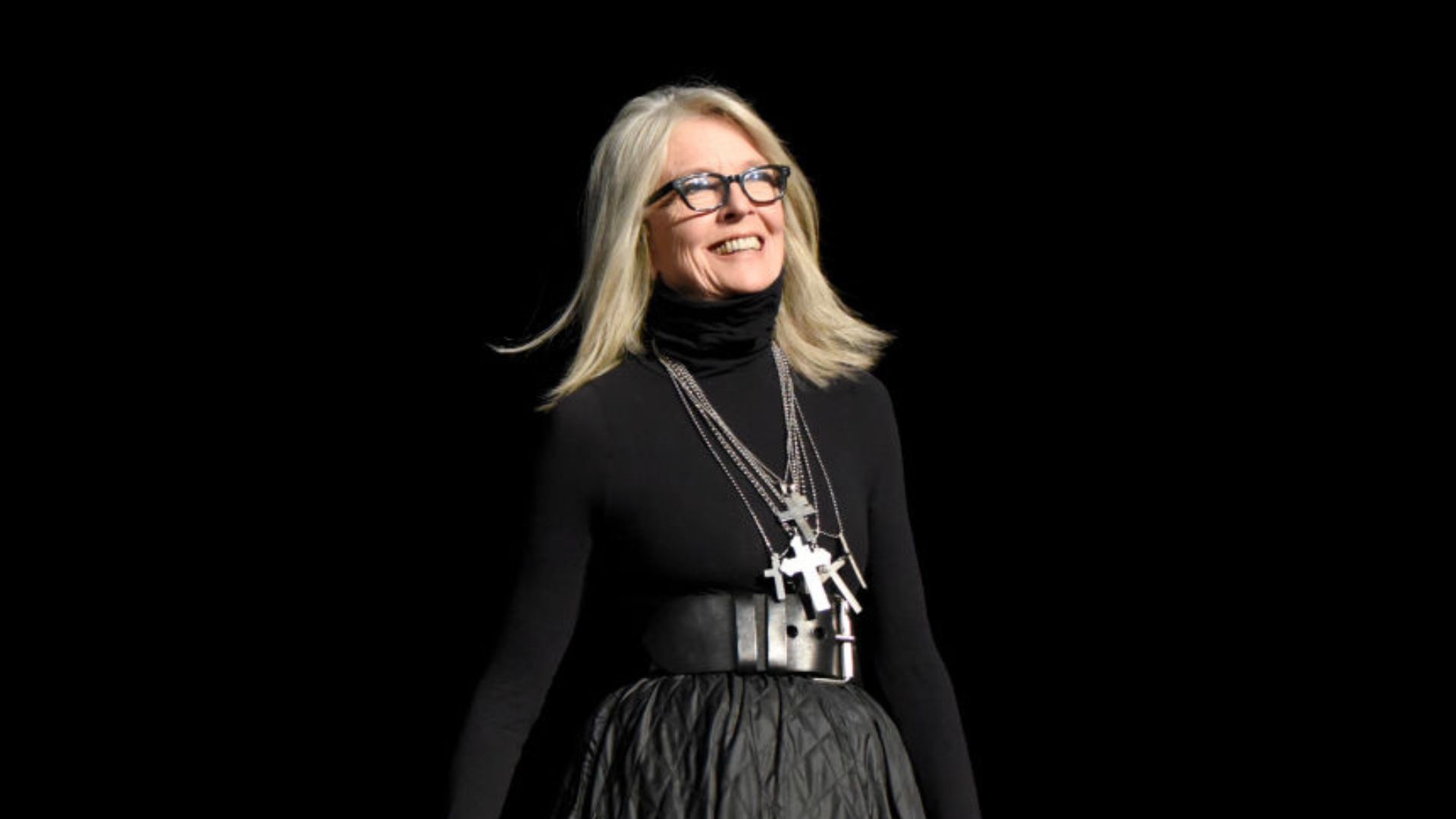They didn’t go to the wake to say goodbye, but to say thank you for the transformations Gal didn’t even know she’d accomplished: “Death won’t change our relationship at all.”
It was supposed to be a quick goodbye. The queue, as police said, had to flow, with no pauses for regrets or contemplations lasting more than two minutes. or Gal Costa’s body🇧🇷 small under the white veil, he was seen from about 20 meters away, among dozens of garlands sent by Lula and Janja, Jorge Benjor, Daniel Filho, Boninho, family and friends. Next to the coffin placed on a red carpet, in an enclosure with chairs reserved for people authorized by the family, his son Gabriele was embraced by many people. Wanted by journalists, Lúcia Veríssimo, Serginho Groisman, Nizan Guanae🇧🇷 Zélia Duncan, Bela Gil and Zé Maurício Machline suffered the loss of a girl friend with whom they could no longer smile. Pushed by the police, Telma Aparecida, Marisa Fernandes, Antonio da Paz, Givanilda da Silva, Leuda Martins and Débora Laurinda did not cry, perhaps because they didn’t exactly feel a loss. They just wanted to say thank you. “Gal’s death doesn’t change our relationship”, said Marisa.

Which relationship? Marisa, 70 years old, is a historian. You left São Bernardo do Campo early to get to the vigil as soon as possible. She came alone, dressed in white, with a heavy heart and the image of an unforgettable day. She was an 18-year-old girl, kicked out of her home by her parents for falling in love with another girl at school, when she saw Gal in a theater in Bexiga, São Paulo. “I didn’t even know there was a name to like someone of the same gender, but Gal showed us we could.” Subsequently, Marisa became a historic activist for LGBT + causes in full dictatorship, and there was Gal again, alone, far from the exiles Gil and Caetano, but who took care of her fears. “We have to be careful and strong, we don’t have time to fear death”, she said in Divino Maravilhoso “I was moved when I heard it”, Mariza recalls.
Givanilda, 44, is an evangelical and maintains a digital fan club for actress Lúcia Veríssimo. She had already stood in line three times to see Gal and she, she said, she would do until it was time for her funeral. Her gratitude was especially for two songs by her that made her “a warrior and a patriot”. Patriot? “Sure, didn’t you notice Gal singing Brazil’s second national anthem? What is she singing ‘Brazil / show your face / I want to see who pays / why we stay like this.'” And a warrior? “Yes. I always listen to Um Dia de Domingo, and I used that song as the soundtrack for my 40th birthday.” But what’s warrior in this song? “Look at the lyrics. What’s a Sunday to you? Man, Sunday is renewal, it’s the best we could wish for. ‘Watch the sun rise / And see life happen / Like a Sunday.” Before leaving to get back in line, Givanilda says she fears Gal’s absence. “I’m afraid to live in a world without her.”
Leuda Martins, a Catholic, 45, recalls being abused by a cousin. Those were difficult times, without money, without dreams, experiencing domestic violence and living off favours. It was night when she left the house and sat down on a low wall, alone, when music came from her neighbor that seemed to pass through her. It had been ten years, with Gal saying something about her that seemed meant for her, just for her. “Sleep closed my eyes, making me fall asleep / I heard your pretty mouth whisper / Please hug me my life / And the rest of this novel God only knows.” There was no climate for her passions, but Gal’s passion took Leuda out of where she was and made her fall in love too. “I’ve never forgotten that.”
Antonio da Paz and Débora Laurinda made the posters as best they could and left for the Assembly early in the morning. Sitting on the sidewalk, they listened to Force Estranha coming out of a cell phone. He, from within Bahia, and she, from within Ceará, told virtually the same story. Festa do Interior brought the two back to their homeland, even though they had lived in São Paulo for years. Antonio has a passion that he can’t get out of his head. “I met the woman I still love at the forró, dancing with her Festa do Interior”. Débora hears Antonio talking about love and creates courage. “I listen to Um Dia de Domingo every day. It was with her that I met my ex.” But does she still love her ex? “No,” she says, serious and terse. “But the music remained.”
🇧🇷The best content in your email for free. Choose your favorite Earth Newsletter. Click here!
Source: Terra
Emily Jhon is a product and service reviewer at Gossipify, known for her honest evaluations and thorough analysis. With a background in marketing and consumer research, she offers valuable insights to readers. She has been writing for Gossipify for several years and has a degree in Marketing and Consumer Research from the University of Oxford.








